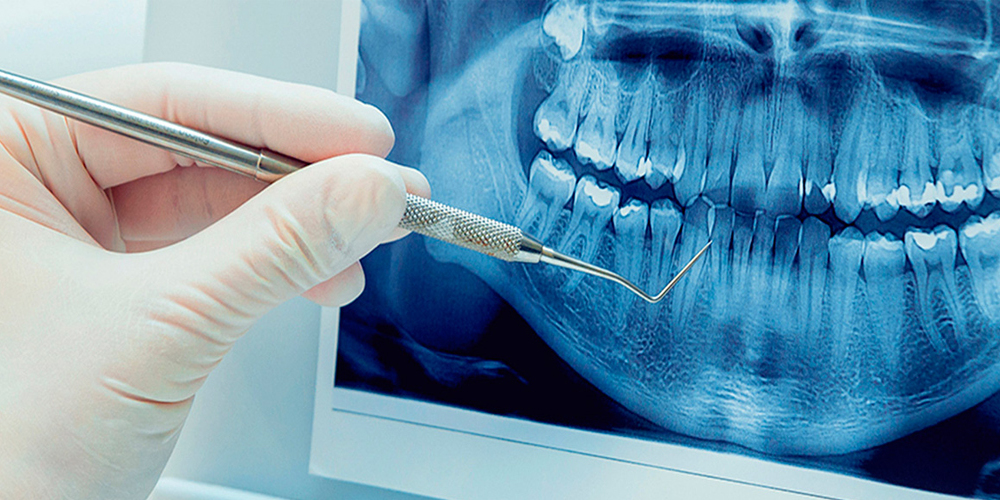
Dental Post and Fiber Post: Everything You Need to Know
A dental post is used when a tooth lacks sufficient healthy structure after a root canal treatment. This procedure reinforces the tooth, providing a stable foundation for a filling or crown.
Just as a building requires strong columns to support its roof, a weakened tooth needs reinforcement to hold a filling or crown securely. This is where a dental post becomes essential.
A dental post is a rod-like structure inserted into the tooth root to enhance stability. There are three main types:
- Fiber posts
- Metal posts
- Cast (custom-made) posts
What Is a Fiber Post?
Fiber posts are commonly used when there is significant tooth structure loss. After completing a root canal treatment, a small channel is prepared inside the root to place the fiber post securely.
Benefits of Fiber Posts:
- High resistance to fractures and fatigue
- Elasticity similar to natural dentin, allowing better stress distribution
- Provides uniform support for the restoration
- Available as radiopaque or radiolucent for imaging visibility
Fiber posts come in different diameters and lengths, which are selected based on the patient’s tooth anatomy. Once placed, they are cemented with strong adhesive materials.
When Should a Fiber Post Not Be Used?
A fiber post is not recommended in the following cases:
- If the remaining tooth structure is too deep under the gumline
- If the tooth root is too short
- When there is an infection or cyst in the root
- If there is an obstruction within the root canal
- When the supporting bone structure is insufficient
Steps of Fiber Post Application
- Removal of decayed or weakened tooth structure
- Completion of root canal treatment
- Selection of the strongest remaining root for post placement
- Preparation of a post channel with specialized drills
- Sizing and testing of the fiber post
- Cleaning and drying of the root canal
- Cementing the post into the canal
- Application of a core buildup to reinforce the structure
- Final check with X-ray imaging
The procedure is quick and painless, usually completed in 15-30 minutes in a single session.
How Long Does Fiber Post Treatment Take?
Fiber post placement is typically completed in one session and takes around 15 minutes per tooth.
How Are Fiber Posts Cemented?
Fiber posts are bonded to the tooth using resin-based adhesives, ensuring a strong chemical bond and long-term durability.
Can a Fiber Post Be Removed?
Removing a fiber post is difficult and requires specialized tools. Experienced dentists use magnification and precision techniques to minimize the risk of damage to the tooth root.
What Is a Prefabricated Metal Post?
Metal posts resemble screws and are placed into the root canal through a twisting motion. They are more affordable than fiber posts but have different application techniques.
How Long Does Metal Post Treatment Take?
A metal post is placed in a single session and usually takes around 15 minutes.
How Are Metal Posts Bonded?
Unlike fiber posts, metal posts primarily rely on mechanical retention. However, they are often secured with resin or glass ionomer cement for extra stability.
Can a Metal Post Be Removed?
Metal posts can be removed more easily than fiber posts. They are typically unscrewed in the opposite direction of insertion. If firmly bonded, ultrasonic tools may be used for removal.
What Is a Cast (Custom-Made) Post?
A cast post is a custom-made post fabricated in a dental laboratory to fit the patient’s tooth precisely.
Steps for Cast Post Placement:
- Root canal shaping and impression-taking
- Sending the impression to a laboratory
- Fabrication of a custom metal post
- Cementing the post into the root
Cast posts provide an exact fit and are highly durable but require two visits to complete.
How Long Does Cast Post Treatment Take?
This process requires two appointments to accommodate lab fabrication.
Can Dental Posts Cause Root Fractures?
In rare cases, improper post placement can lead to root fractures. Risk factors include:
- Using posts that are too long or too wide, weakening the root
- Incorrect placement in curved or fragile roots
- Excessive force applied during post placement
Metal posts, especially when over-tightened, have a higher risk of causing cracks.
Is a Crown Necessary After a Dental Post?
Yes, a crown is highly recommended for teeth treated with a post. Without a crown, the tooth remains fragile and more prone to fractures. A crown enhances durability and extends the lifespan of the treated tooth.
How Long Does a Tooth with a Post Last?
With proper oral hygiene, a tooth with a post can last many years. However, if a crown is not placed, fractures or failure may occur over time.
Alternatives to a Dental Post and Crown
For those seeking alternatives, overlay and endocrown restorations are becoming popular. These restorations are designed digitally and preserve more natural tooth structure. However, not every case qualifies, so consultation with a dentist is essential.
Does a Dental Post Cause Pain?
A properly placed post does not cause pain. However, if discomfort arises, potential causes include:
- An incomplete root canal treatment
- A hidden root fracture
If pain occurs and the post cannot be removed, tooth extraction may be necessary.
Is a Dental Post Always Necessary?
No, not every root canal-treated tooth requires a post. The decision depends on the amount of remaining healthy tooth structure.
- If only one or two walls of the tooth remain, a post may not be needed.
- If three or more walls are missing, a post and crown are essential for strength.
Which Type of Post Is Best?
- Fiber posts are preferred for front teeth due to their aesthetic and flexible properties.
- Metal posts are an affordable option and still widely used.
- Cast posts are custom-made but require extra visits.
At FineUp Clinic, we offer expert consultation and personalized treatment plans for post and crown procedures. Book an online consultation today!
